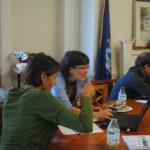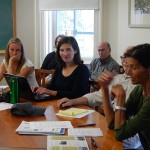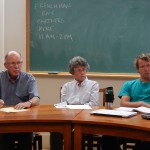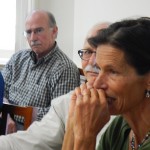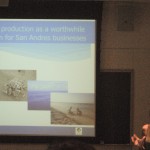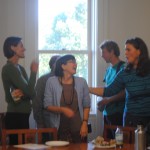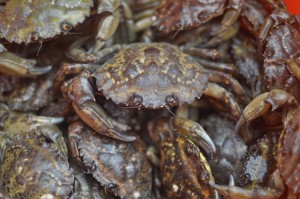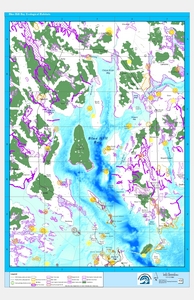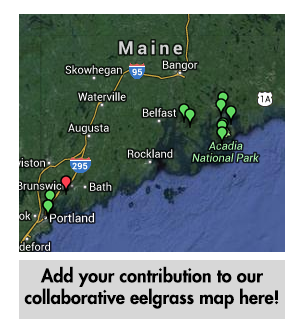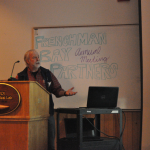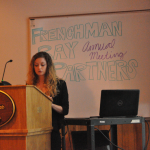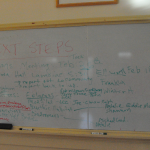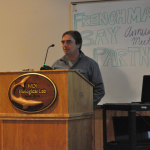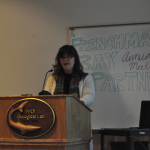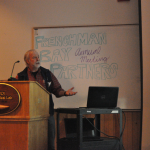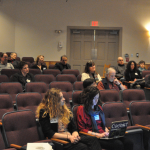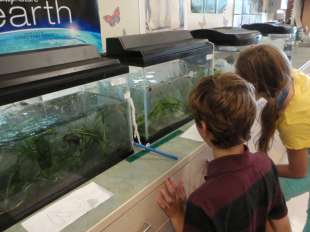On Oct. 2, 2013, Tundi Agardy of Forest Trends visited Mt. Desert Island and facilitated a discussion about market-based approaches to marine conservation. Frenchman Bay Partners executive committee and other stakeholders around the bay participated in the workshop. Agardy then gave a public lecture on her work at the College of the Atlantic.
From the workshop, FBP put together a primer on market-based conservation tools, which you can download here.
Download Agardy’s presentation as a pdf here.
Presentation diagrams are from Agardy et al “Taking Steps toward Marine and Coastal Ecosystem Based Management: An Introductory Guide,” UNEP Nairobi, 2011. Diagrams were produced by the Integration and Application Network of University of Maryland

